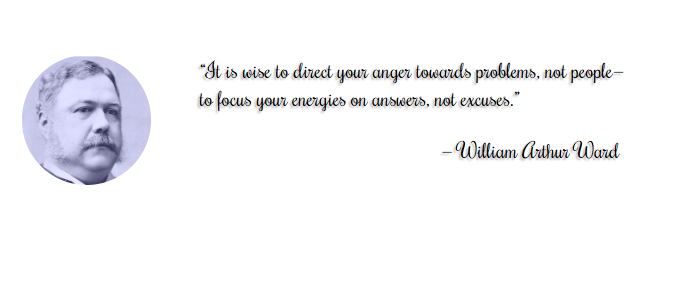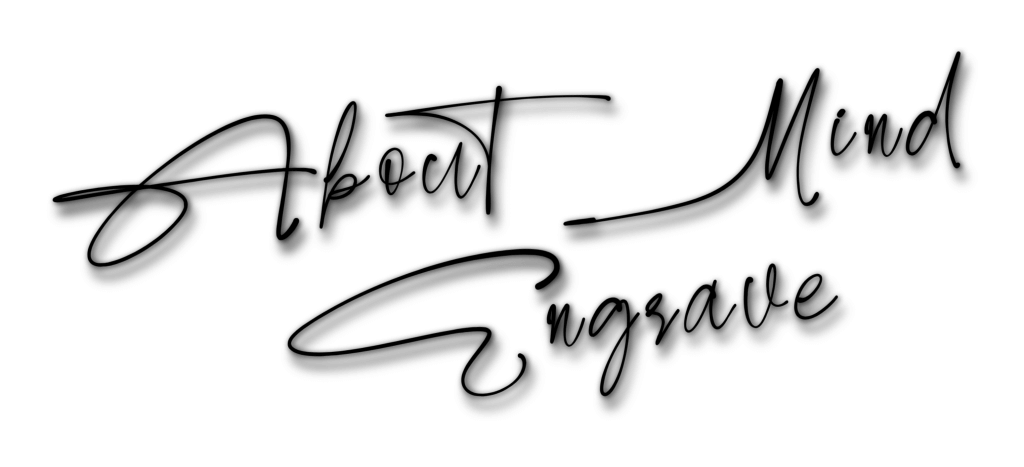Anger: The Burning Coal Within And How to Let It Go
Holding on to anger is like grasping a hot coal with the intent of throwing it at someone else; you are the one who gets burned.
– Buddha
Anger, an emotion that’s universal and at times uncontrollable, is often misunderstood. It can range from a flicker of annoyance to an all-consuming rage. This quote, “Holding on to anger is like grasping a hot coal with the intent of throwing it at someone else; you are the one who gets burned,” attributed to Buddha, encapsulates a profound truth about anger and its consequences.
Imagine picking up a burning coal with the intention of harming someone else. The moment you seize it, you’re already inflicting pain on yourself. Anger works in a similar way. When we harbor anger, we are the ones who suffer the most. This suffering might not be immediate, but it is inevitable.
Anger, especially when chronic or intense, can have devastating physical and psychological effects. It triggers the release of stress hormones like cortisol and adrenaline. These chemicals prepare the body for a “fight or flight” response. While this response can be beneficial in genuinely dangerous situations, it is detrimental when it becomes a chronic state.
Over time, chronic anger can lead to high blood pressure, heart problems, weakened immune system, and even mental health issues like depression and anxiety. Moreover, it strains relationships, disrupts work, and hampers decision-making abilities. It is indeed akin to holding a hot coal – destructive to ourselves.
Anger often gives us the illusion of control. We believe that by being angry, we are asserting dominance or protecting our interests. However, this control is a façade. In reality, anger controls us. It blinds us to rationality, making us say and do things we later regret. We may momentarily feel empowered, but in the long run, it is self-destructive.
So, how do we avoid holding onto that burning coal of anger? The answer lies in letting go. It doesn’t mean suppressing or denying anger; that can lead to other issues. Instead, it means acknowledging anger, understanding its source, and then consciously choosing not to hold onto it.
One effective way to release anger is through mindfulness and deep breathing, as the quote suggests. When you feel anger rising, pause. Take a deep breath. As you exhale, imagine releasing the anger with your breath. This simple act can interrupt the automatic escalation of anger.
Sometimes, anger arises from misunderstandings or unmet expectations. In such cases, open and honest communication is key. Talking through the issue can lead to resolution and prevent the build-up of anger.
In situations where anger is justified, forgiveness can be a powerful tool. It doesn’t mean condoning someone’s actions; it means freeing yourself from the burden of anger. As Anne Lamott said, “Forgiveness is giving up all hope of having had a better past.”
For some, managing anger might require professional help. Therapists can provide strategies and tools to deal with anger constructively. They can also address underlying issues, such as unresolved trauma or chronic stress, which may contribute to anger problems.
Anger harms us more than anyone else. It is a destructive force that can erode our physical and mental well-being, damage relationships, and hinder personal growth. By letting go of anger through mindfulness, communication, forgiveness, or seeking help when needed, we can truly free ourselves from the burning coal of anger. In doing so, we can lead healthier, happier lives.

Odusanya Adedeji
Odusanya Adedeji A., is a Licensed & Certified Clinical Psychologist whose domain of expertise cuts across management of specific mental health issues such as, Depression, PTSD, Anxiety & Anxiety related disorders, substance use disorder, etc





